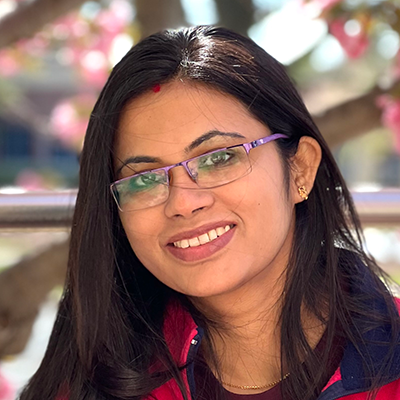In memoriam: Austin Newton
Austin Newton, a longtime professor at Princeton University and a pioneer in molecular biology, died May 13 at age 85. He was a member of the American Society for Biochemistry and Molecular Biology for 40 years.

Born in Richmond, Texas, Newton graduated from the University of Texas at Austin in 1959 with a degree in chemistry, then headed to the University of California, Berkeley in 1964 where he earned a Ph.D. in biochemistry. As a postdoctoral fellow, he joined the lab of Nobel laureate Jacques Monod at the Pasteur Institute in Paris where he studied the effect of genetic mutation in E. coli.
Newton started his independent research career in 1966 as an assistant professor at Princeton where he continued his work on E. coli. He later developed an interest in asymmetric cell division, and he did extensive work in this field with his long-time collaborator and wife, Noriko Ohta. As a model system, they exploited the gram-negative, alpha-proteobacterium Caulobacter crescentus, which is widely present in fresh-water lakes and streams. Their research group focused on understanding the progression of the cell division cycle throughout successive developmental events and how multiple histidine protein kinases regulate the signal transduction pathways of C. crescentus in cell division. Newton’s work was recognized as “pioneering” and a “completely new field (that) requires vision, scientific creativity, guts, and fortitude,” in a 2009 biographical sketch published by Princeton.
Newton was promoted to associate professor at Princeton in 1972 and became a full professor in 1978. His research was funded by grants from the National Science Foundation and National Institutes of Health. He served in the editorial board of the Journal of Bacteriology and as an associate editor of Developmental Genetics. In 1998, he was elected as a fellow of the American Academy of Microbiology. He served as a director of graduate studies in the biology department and biochemical sciences program from 1977 to 1984 and later on as a founding member of the Department of Molecular Biology at Princeton until 1989. He retired in 2009.
In a Princeton obituary, Newton’s colleagues and students remembered him fondly for his “scientific imagination” and “wry sense of humor.” He was passionate about sub-Saharan and West African sculpture and textiles and also loved music and art.
Newton is survived by his wife, Noriko Ohta, and his sister Margueritte Dell Austin.
Enjoy reading ASBMB Today?
Become a member to receive the print edition four times a year and the digital edition monthly.
Learn moreGet the latest from ASBMB Today
Enter your email address, and we’ll send you a weekly email with recent articles, interviews and more.
Latest in People
People highlights or most popular articles

The data that did not fit
Brent Stockwell’s perseverance and work on the small molecule erastin led to the identification of ferroptosis, a regulated form of cell death with implications for cancer, neurodegeneration and infection.

Building a career in nutrition across continents
Driven by past women in science, Kazi Sarjana Safain left Bangladesh and pursued a scientific career in the U.S.

Kiessling wins glycobiology award
She was honored by the Society for Glycobiology for her work on protein–glycan interactions.

2026 ASBMB election results
Meet the new Council members and Nominating Committee member.

Simcox wins SACNAS mentorship award
She was recognized for her sustained excellence in mentorship and was honored at SACNAS’ 2025 National Conference.

From humble beginnings to unlocking lysosomal secrets
Monther Abu–Remaileh will receive the ASBMB’s 2026 Walter A. Shaw Young Investigator Award in Lipid Research at the ASBMB Annual Meeting, March 7-10 in Washington, D.C.

